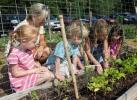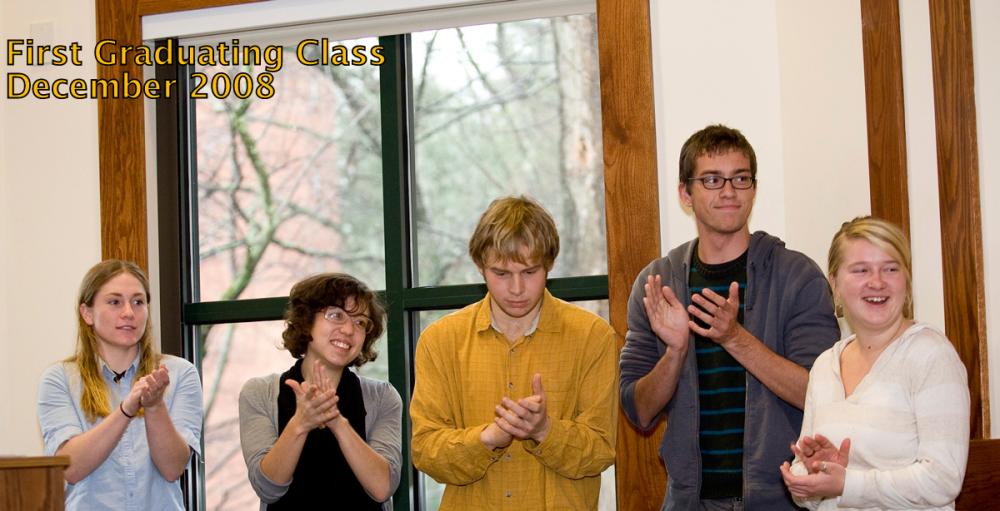Sustainable development aims to enrich human well-being, protect and conserve healthy and productive natural systems, support shared economic prosperity, and advance an ecological worldview. With more than 300 undergraduate majors and 50 minors, our students examine the interdependent complexities and challenges of the world’s most pressing environmental, economic, and social problems and envision and enact creative and innovative solutions to these challenges in the context of sustainable development. Our faculty and students are deeply committed to the creation of a just and sustainable future for all.
Students in the Sustainable Development Department are exposed to key theoretical concepts and analytical tools in order to assess what development means and how it is experienced in different places and cultures in all parts of the world. Students examine how current development and livelihood challenges are shaped by globalization and environmental change. Our faculty have a strong transdisciplinary dedication to sustainable development, and our curriculum integrates theory and practice from across the social sciences, natural and agricultural sciences, and humanities. Our students concentrate in one of four degree programs: community, regional, and global development; sustainable agriculture; environmental studies; or an individually-designed program. The Department is home to one of the largest diversified teaching and research farms in the nation. Our department has deep historical roots at our university, where faculty across the campus share our commitment to sustainability.
Join us as we engage in understanding and advancing the social, economic, and environmental transformations necessary to create thriving, equitable, and sustainable communities within an ecologically healthy world.







Appalachian State University: Sustainable Development (BS)
To be, rather than to seem